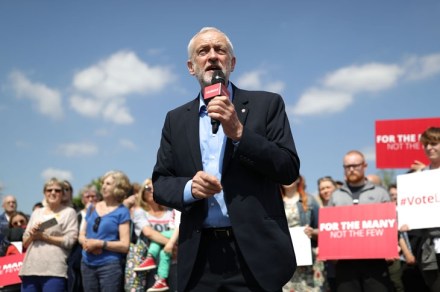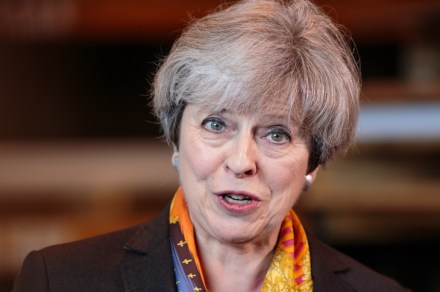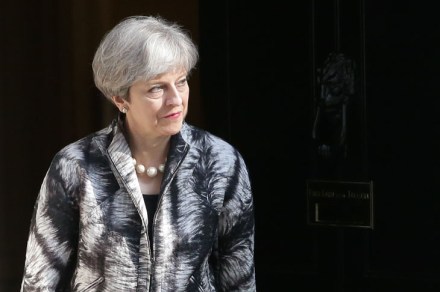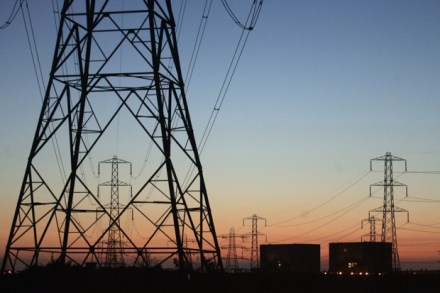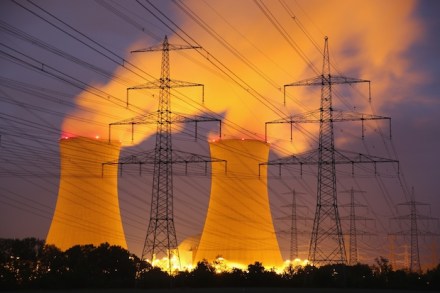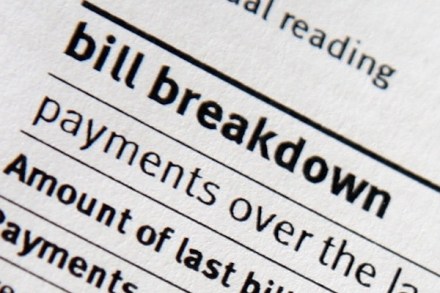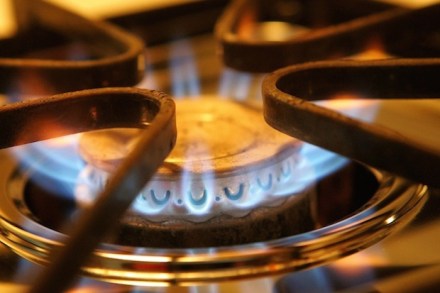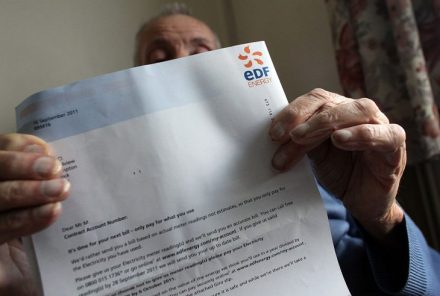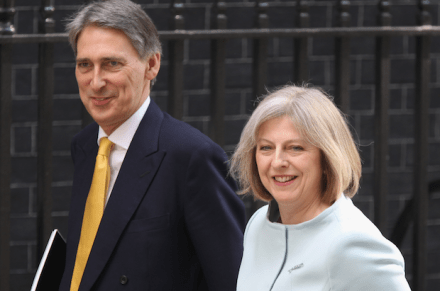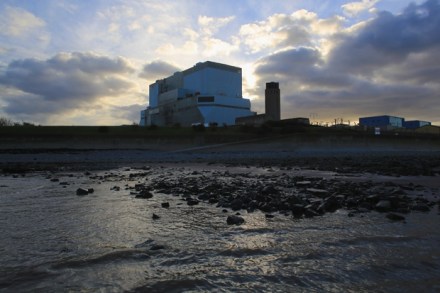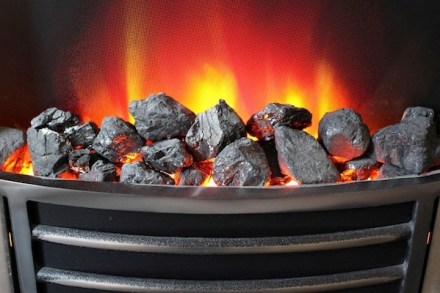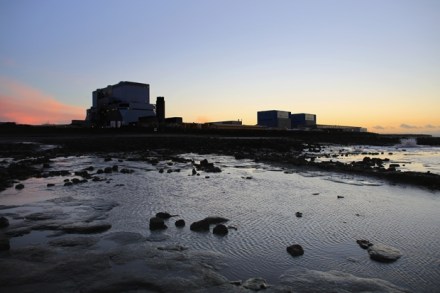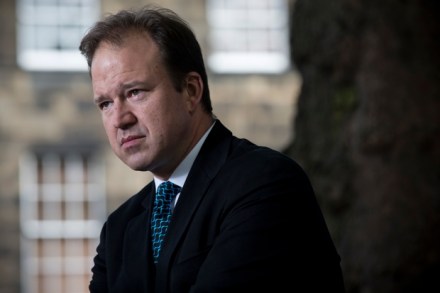No left turn
It would be easy to dismiss Jeremy Corbyn’s launch of the Labour party’s election campaign this week on the grounds that hardly anyone believes he has the slightest chance of becoming prime minister. But given that David Cameron was given a 0.5 per cent chance of winning a majority, and Donald Trump a 1 per cent chance of the presidency, it would be foolish not to take the main opposition party seriously. At the very least, Corbyn’s ideas need to be examined in order to understand why Labour finds itself in the position it does, and why no party leader to the left of Tony Blair has won a general election
